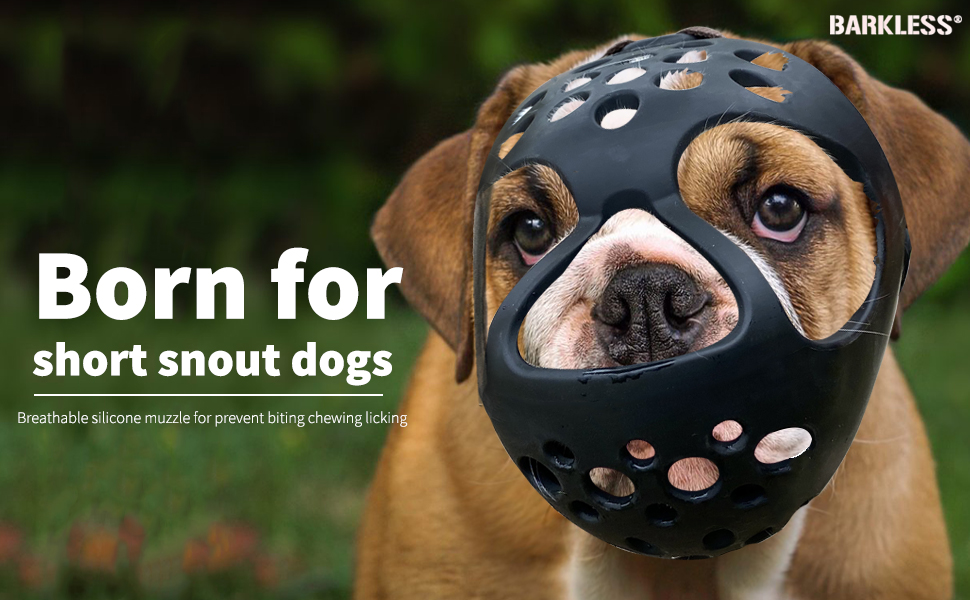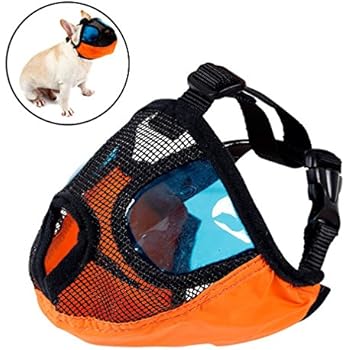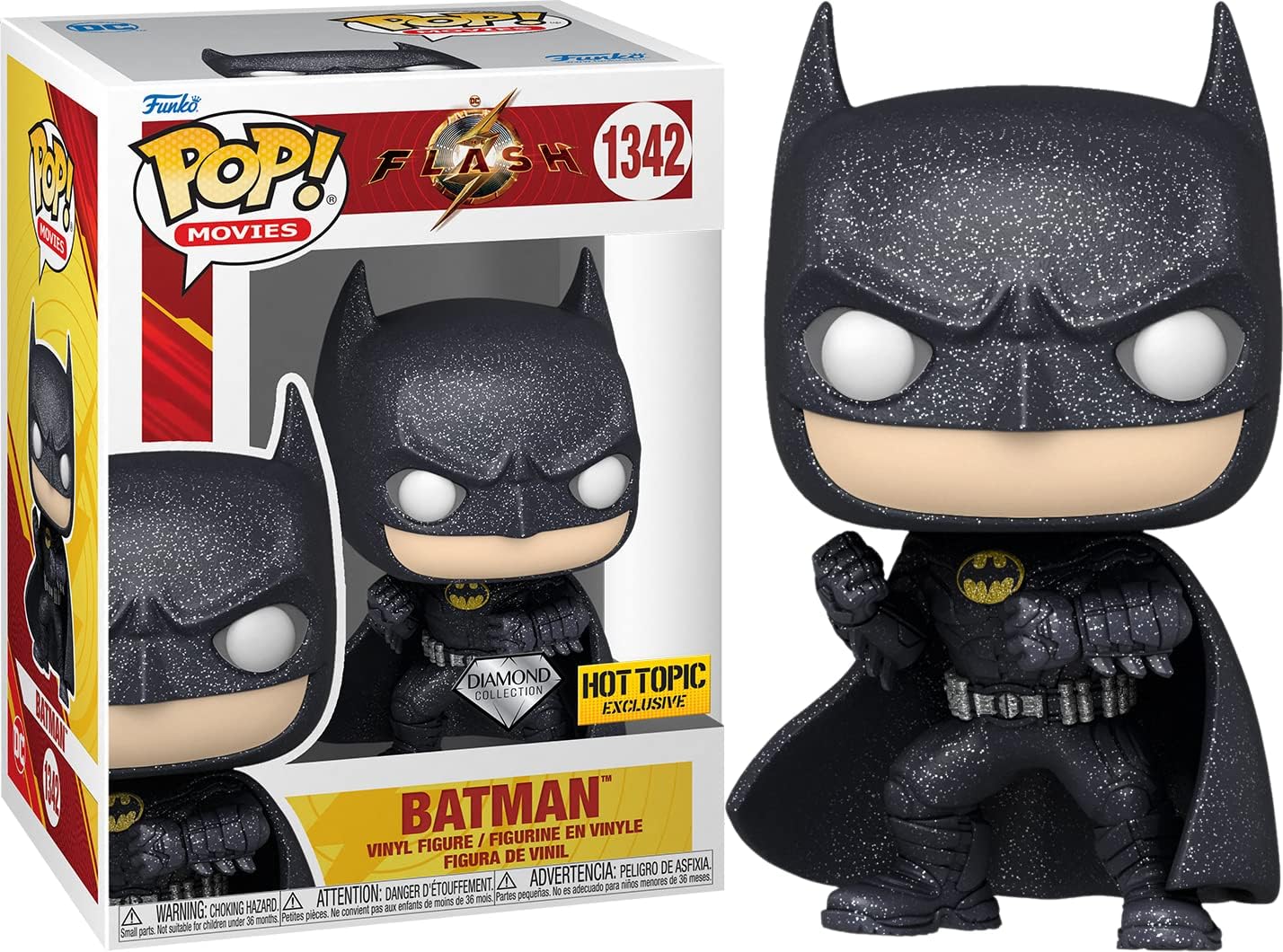When it comes to canine safety and behavior management, dog muzzles often provoke mixed feelings among pet owners. For those with short-snouted breeds, such as Bulldogs, Pugs, and Boxers, understanding the unique needs and considerations regarding muzzles is critical. This comprehensive guide aims to provide valuable insights into selecting the right muzzle for short-snouted dogs, addressing their safety, comfort, and the importance of proper training.
What is a Dog Muzzle?

A dog muzzle is a device that fits over a dog’s snout, preventing them from biting, chewing, or eating unwanted items. While often associated with aggressive dogs, muzzles can be beneficial for various situations, including:
- Vet visits
- Grooming sessions
- Training and socialization
- Managing anxiety and fear
For short-snouted breeds, the right muzzle can enhance their safety and the safety of others while allowing for adequate ventilation and comfort.
Types of Muzzles for Short-Snouted Breeds
Not all muzzles are created equal, especially when it comes to short-snouted dogs. Here are the most common types of muzzles available:
1. Basket Muzzles

Basket muzzles are made from materials such as plastic, metal, or rubber and are designed to allow dogs to breathe, pant, and drink while being muzzled. They are ideal for short-snouted breeds because they provide a secure fit without constricting their airflow.
2. Soft Muzzles

Soft muzzles are typically made from fabric or nylon and are designed to prevent a dog from opening its mouth. While they may be easier to put on and take off, they are not recommended for prolonged use, especially for short-snouted dogs, as they can restrict airflow.
3. Muzzle Wraps
Muzzle wraps are a hybrid option that combines elements of both basket and soft muzzles. They provide flexibility while ensuring that the dog can still breathe comfortably. These are particularly useful for short-snouted breeds that may struggle with traditional muzzle designs.
Choosing the Right Muzzle: Key Considerations
Selecting the appropriate muzzle for your short-snouted dog involves several factors:
- Size: Measure your dog’s snout to find a muzzle that fits snugly without being too tight.
- Material: Choose a muzzle made from breathable materials to avoid overheating.
- Comfort: Look for padded options or those designed specifically for short snouts to ensure comfort.
- Purpose: Consider why you need the muzzle—training, safety, or behavioral management—and choose accordingly.
Training Your Dog to Wear a Muzzle
Introducing a muzzle to your dog, especially a short-snouted breed, requires patience and positive reinforcement. Here’s a step-by-step guide to training your dog:
1. Introduce the Muzzle Gradually
Start by allowing your dog to sniff and explore the muzzle. Make it a positive experience by offering treats and praise.
2. Associate the Muzzle with Positive Experiences

Put the muzzle on your dog for short periods while engaging in fun activities, such as playing with a favorite toy or going for a walk.
3. Increase Duration Gradually
As your dog becomes more comfortable, slowly increase the time they wear the muzzle. Always monitor their behavior and ensure they remain calm.
4. Reinforce with Treats

Continue to reward your dog with treats and affection while wearing the muzzle. This builds positive associations and helps them understand that the muzzle is not a punishment.
Common Misconceptions About Dog Muzzles

Many dog owners harbor misconceptions about muzzles, especially concerning short-snouted breeds. Here are a few to clarify:
- Muzzles are only for aggressive dogs: Muzzles can be useful for anxious dogs, not just aggressive ones.
- All muzzles are uncomfortable: A well-fitted muzzle designed for short snouts can be comfortable and breathable.
- Muzzles restrict breathing: Properly designed basket muzzles allow sufficient airflow even for brachycephalic breeds.
Case Studies: Muzzle Use in Short-Snouted Breeds
Understanding real-life examples can enhance our insights into muzzle use for short-snouted breeds. Here are two case studies:
Case Study 1: Daisy the Bulldog
Daisy, a 4-year-old Bulldog, had severe anxiety during vet visits. Her owner decided to use a basket muzzle to prevent her from biting while allowing her to breathe comfortably. Through gradual training, Daisy learned to associate the muzzle with positive experiences, making vet visits less stressful for both her and the staff.
Case Study 2: Max the Pug
Max, a rescue Pug, displayed aggressive behavior towards other dogs during walks. His owner introduced a soft muzzle during training sessions, ensuring that Max couldn’t bite while learning to socialize. Over time, with consistent training and positive reinforcement, Max’s behavior improved, and the muzzle became less necessary.
Statistics on Muzzle Use
Research indicates that the use of muzzles can significantly improve safety and reduce incidents of biting:
- A study from the Journal of Veterinary Behavior found that 70% of dog bites occurred in situations where the dog was not muzzled.
- Emergency veterinary clinics reported a 30% decrease in biting incidents when dogs were muzzled during exams.
These statistics highlight the importance of muzzling as a precautionary measure, especially for breeds that may be prone to anxiety or aggression.
Understanding the role and importance of muzzles for short-snouted breeds is essential for promoting safety and well-being. By choosing the right type of muzzle and implementing proper training techniques, pet owners can ensure their dogs remain comfortable and secure in various situations. Remember that muzzles are not a sign of aggression but rather a tool for enhancing safety and fostering positive experiences. With the right approach, muzzling can be a valuable part of responsible dog ownership.





